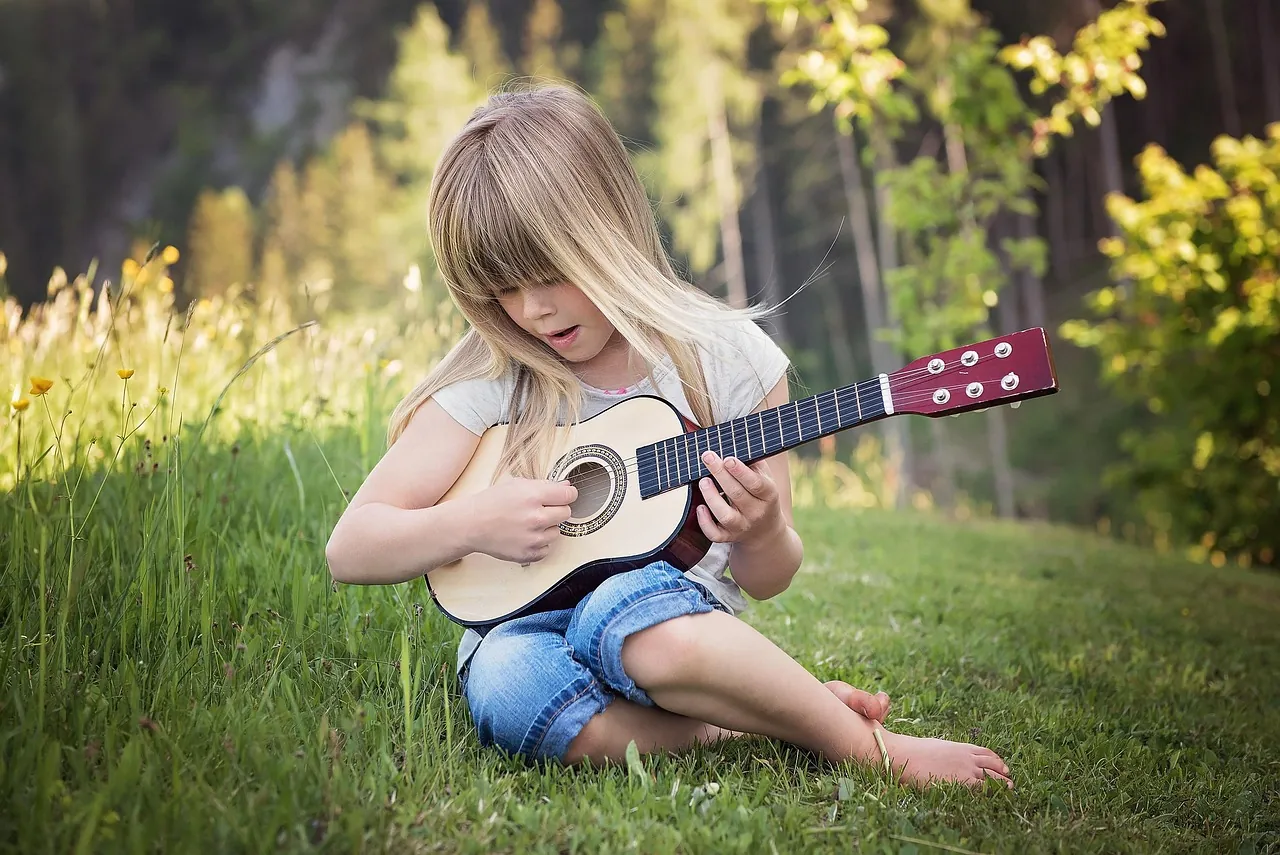Exploring the Balance Between AI and Human Creativity in Music

The Integration of AI in Music Production
The music industry has witnessed a transformative shift with the advent of Artificial Intelligence (AI) technologies, which are now playing a pivotal role in music production, composition, and even performance. The increasing capabilities of AI are not only revolutionizing how music is created but are also enhancing the creative process, allowing producers to explore new musical landscapes.
One prominent example of AI's influence in music is the use of neural networks to compose original pieces. OpenAI's MuseNet and Google's Magenta are notable projects that have demonstrated the potential of AI to generate complex musical compositions. These systems analyze vast datasets of music to create new pieces, offering musicians a powerful tool to expand their creative horizons.
Streamlining Workflows with AI Tools
AI technologies are also streamlining workflows in music production by automating repetitive tasks, thus allowing artists and producers to focus more on the creative aspects of their work. AI-driven software like LANDR uses machine learning algorithms for audio mastering, providing musicians with high-quality mastered tracks quickly and efficiently.
Additionally, AI tools such as AIVA (Artificial Intelligence Virtual Artist) are assisting in creating background scores for films and video games. These tools enable composers to generate a variety of musical options, aiding in the selection process and accelerating production timelines.
Practical Tips for Incorporating AI into Music Production
- Start Small: Begin by integrating AI tools into specific aspects of your workflow, such as mixing or mastering, to understand their impact before applying them more broadly.
- Collaborative Use: Use AI as a collaborative partner rather than a replacement for human creativity. Experiment with AI-generated melodies or rhythms as a starting point for new compositions.
- Continuous Learning: Stay updated with the latest AI developments in music to leverage cutting-edge technologies effectively.
The Creative Balance: Human Artistry vs. Machine-Generated Music
While AI offers numerous advantages, it also presents challenges regarding the authenticity and emotional depth often associated with human-created music. Many argue that true artistry stems from personal experiences and emotions that machines cannot replicate.
Renowned producer Brian Eno's use of generative music illustrates this balance. By combining algorithms with human input, Eno creates ambient soundscapes that blend structured randomness with intentional artistry. This approach highlights the potential for AI to enhance rather than replace human creativity.
Case Study: Taryn Southern's Album "I AM AI"
A groundbreaking example of this synergy is Taryn Southern's album "I AM AI," one of the first albums entirely produced with the help of AI technology. Using Amper Music's AI tools, Southern crafted an album that retained her unique artistic vision while exploring new sonic territories.
This project underscored the role of AI as an enabler of creativity, where technology provided novel ideas and variations that Southern might not have conceived alone. It also raised questions about authorship and the nature of creativity in an age where technology becomes a co-creator.
The Future of AI and Human Collaboration in Music
The future landscape of music production will likely see increased collaboration between humans and AI, fostering an environment where technology enhances human capabilities without overshadowing them. As AI continues to evolve, its role will be shaped by ethical considerations, artistic goals, and the ever-changing demands of the music industry.
Producers must navigate this evolution thoughtfully, balancing technological advancement with the intrinsic value of human touch in music. By embracing AI as a tool for creative exploration rather than a substitute for human expression, musicians can unlock unprecedented possibilities for innovation.
Conclusion: Embracing Innovation with Caution
The intersection of AI and human creativity in music is rich with potential yet fraught with challenges. As technology continues to integrate into artistic domains, maintaining a conscious approach towards its use is crucial to preserving the essence of music as an expression of the human spirit.
By adopting a balanced perspective, where AI complements rather than competes with human creativity, we can anticipate a future where music becomes even more diverse, experimental, and exciting.